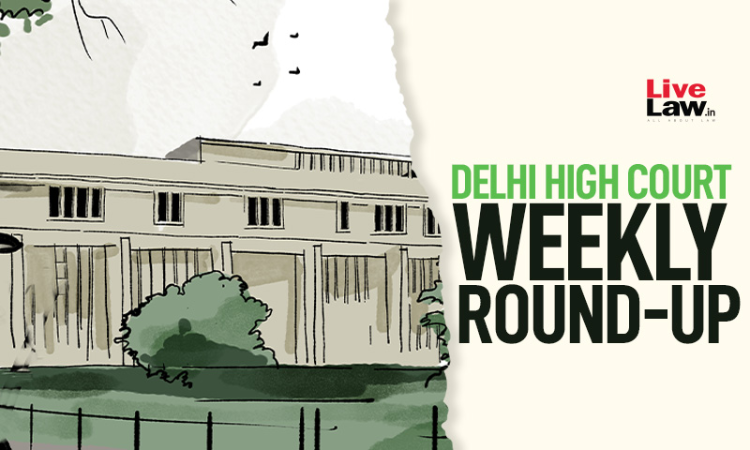Next Story
24 July 2022 7:36 PM IST
NOMINAL INDEXCitations 2022 LiveLaw (Del) 663 TO 2022 LiveLaw (Del) 706FIROZ AHMAD v. STATE CONSUMER DISPUTES REDRESSAL COMMISSION, DELHI AND ORS 2022 LiveLaw (Del) 663 Glitter Overseas and Ors. v. MMTC Ltd. 2022 LiveLaw (Del) 664 Rahul Bhardwaj v. Union of India & Ors. 2022 LiveLaw (Del) 665 KRANTI ARORA v. DIGJAM LTD & O.P. KHAITAN (HUF) 2022 LiveLaw (Del) 666 Chithra N...

